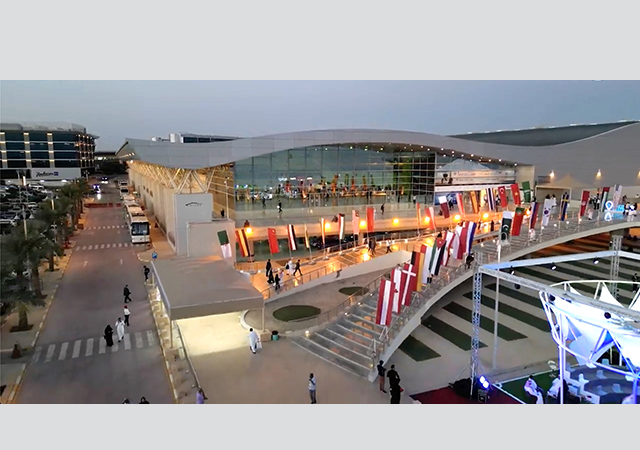
 Masdar City ... aiming to be environment friendly
Masdar City ... aiming to be environment friendly
Work is set to commence this month on Masdar City, the world’s first zero-carbon city housing 50,000 people in a car-free environment in Abu Dhabi.
The project, set to run entirely on renewable energy including solar power to exploit the emirate’s constant supply of sunshine, will aim to exceed the 10 sustainability principles of “One Planet Living (OPL)” – a global initiative launched by the WWF (known internationally as the Worldwide Fund for Nature and in the US as the World Wildlife Fund) and environmental consultancy BioRegional.
The targets are to be achieved by the time the Masdar City is completed and fully functioning in 2015.
“This is a place that has no carbon footprint and will not hurt the planet in any way,” says, Khaled Awad, Abu Dhabi Future Energy Company’s (Adfec) Masdar project property development unit director.
Masdar City’s electricity will be generated by photovoltaic panels, while cooling will be provided via concentrated solar power. Water will be provided through a solar-powered desalination plant. Landscaping within the city and crops grown outside the city will be irrigated with grey water and treated waste water produced by the city’s water treatment plant, says a spokesman for the project’s developers.
Once completed in 2013, residents will be able to move around the 6-sq-km city via a light railway line and a series of automated transport pods.
“They’re like a horizontal elevator. You just say where you want to go, and it takes you there,” Awad said.
Masdar City will feature low-rise buildings with solar panels on each roof. The city will maximise the benefit of sea breezes, and a perimeter wall will protect it from the hot desert air and noise from the nearby Abu Dhabi airport.
The zero-carbon city, part of the wider Masdar Initiative launched by the Abu Dhabi government in 2006, is also a flagship project of the global conservation group WWF.
Masdar chief executive Sultan Al Jaber described Masdar as an entirely new economic sector fully-dedicated to alternative energy, which will have a positive impact on the emirate’s economy.
“We hope that Masdar City will prove that sustainable living can be affordable and attractive in all aspects of human living – from businesses and manufacturing facilities to universities and private homes,” says Jean-Paul Jeanrenaud, director of the OPL initiative.
The 10 OPL principles
- Zero carbon: 100 per cent of energy supplied by renewable energy – Photovoltaics, concentrated solar power, wind, waste to energy and other technologies.
- Zero waste: 99 per cent diversion of waste from landfill (includes waste reduction measures, re-use of waste wherever possible, recycling, composting, waste to energy).
- Sustainable transport: Zero carbon emissions from transport within the city; implementation of measures to reduce the carbon cost of journeys to the city boundaries (through facilitating and encouraging the use of public transport, vehicle sharing, supporting low emissions vehicle initiatives).
- Sustainable materials: Specifying high recycled materials content within building products; tracking and encouraging the reduction of embodied energy within materials and throughout the construction process; specifying the use of sustainable materials such as Forest Stewardship Council certified timber, bamboo and other products.
- Sustainable food: Retail outlets to meet targets for supplying organic food and sustainable and or fair trade products.
- Sustainable water: Per capita water consumption to be at least 50 per cent less than the national average; all waste water to be re-used.
- Habitats and wildlife: All valuable species to be conserved or relocated with positive mitigation targets
- Culture and heritage: Architecture to integrate local values.
- Equity and fair trade: Fair wages and working conditions for all workers (including construction) as defined by international labour standards.
- Health and happiness: Facilities and events for every demographic group.


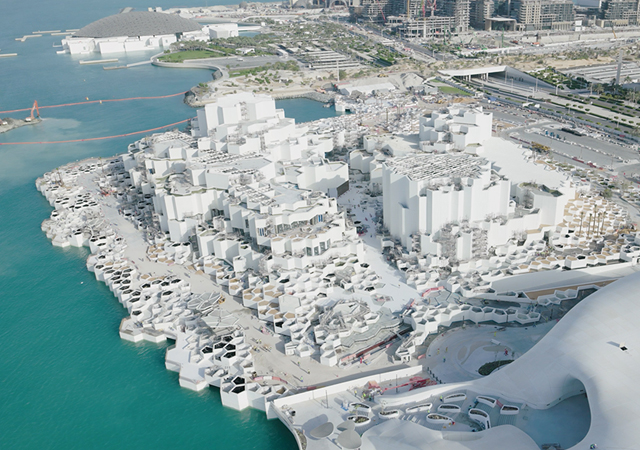
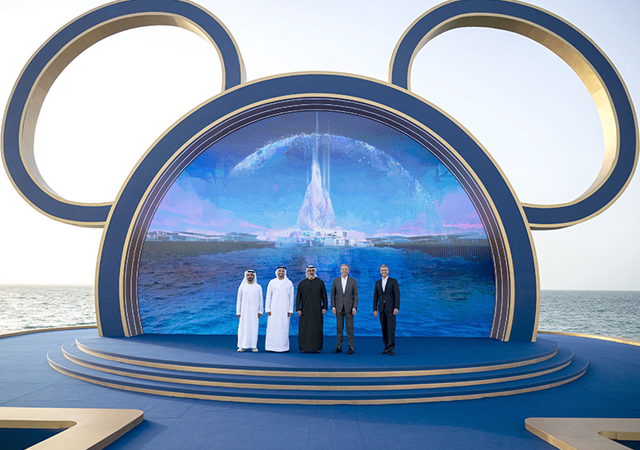
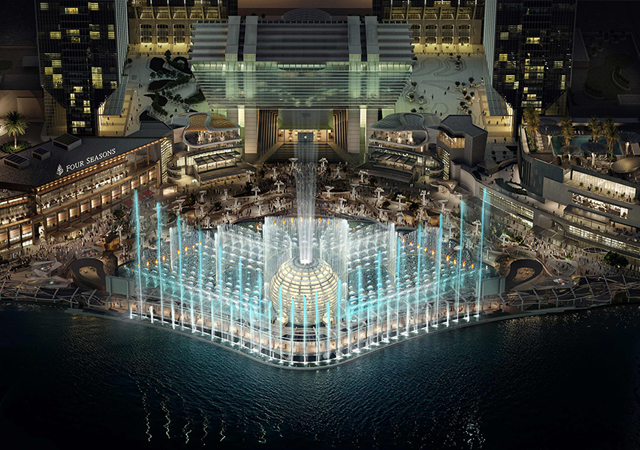
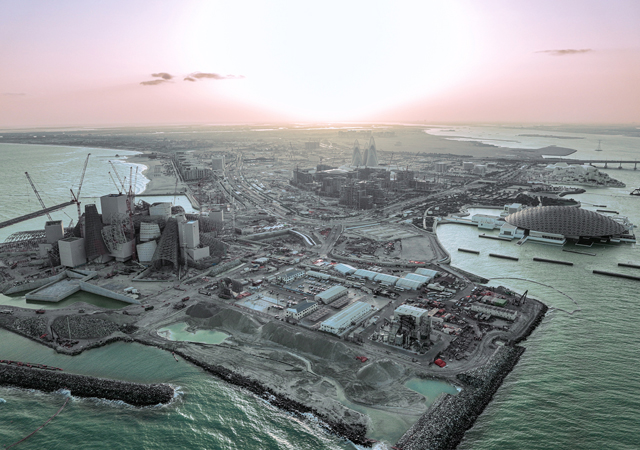
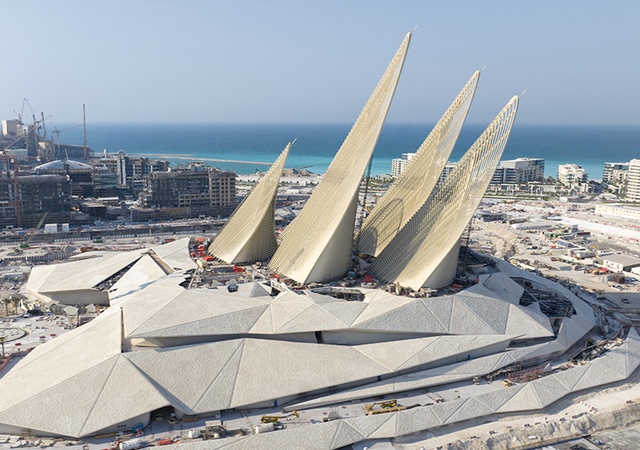
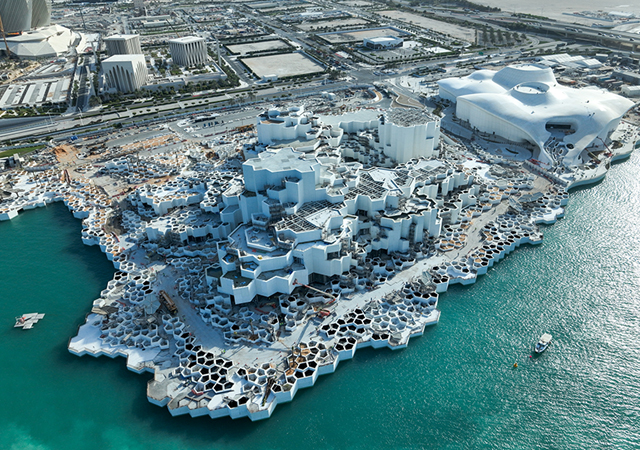
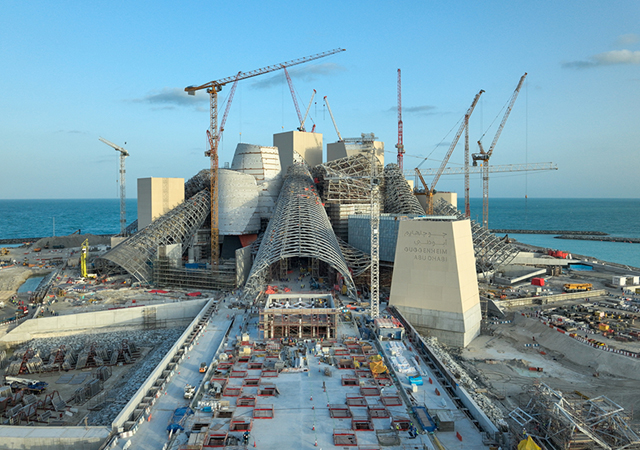
.jpg)
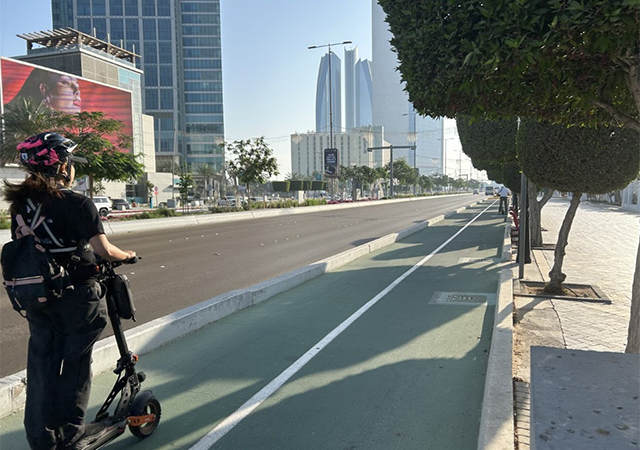
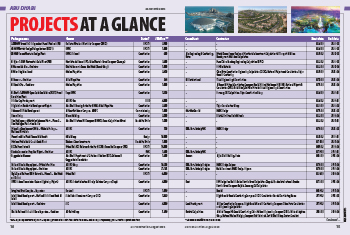

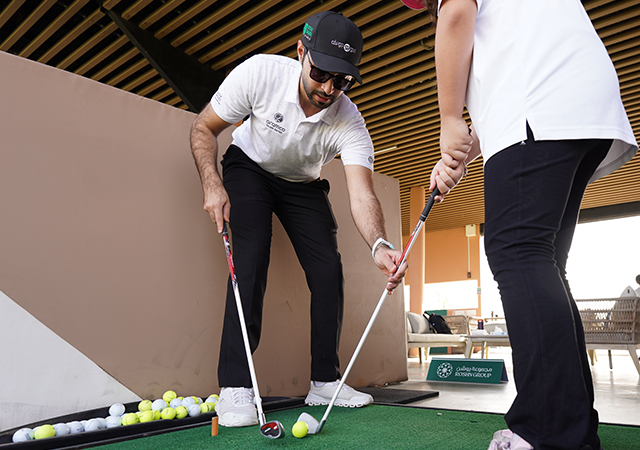
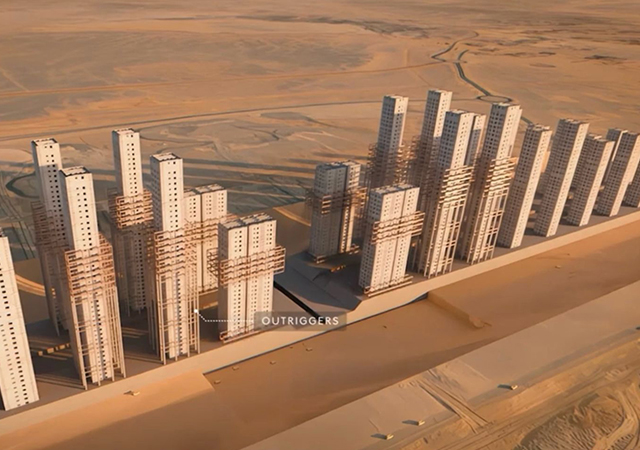
.jpg)
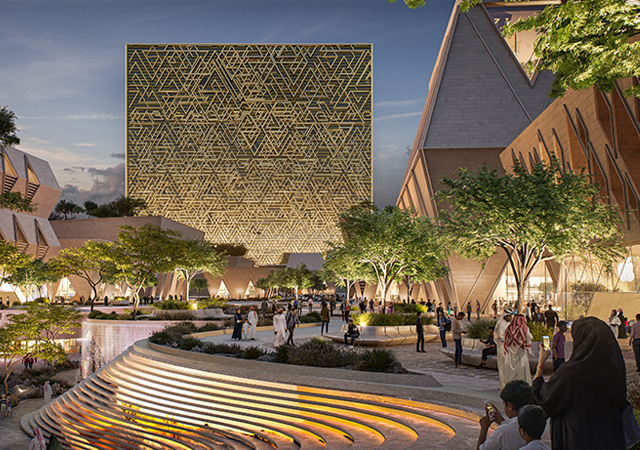
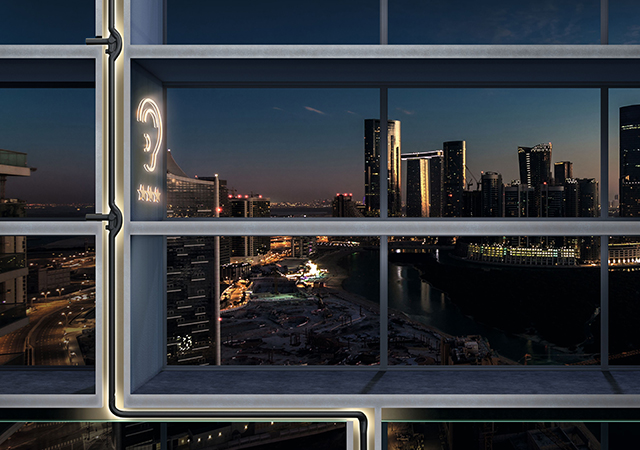
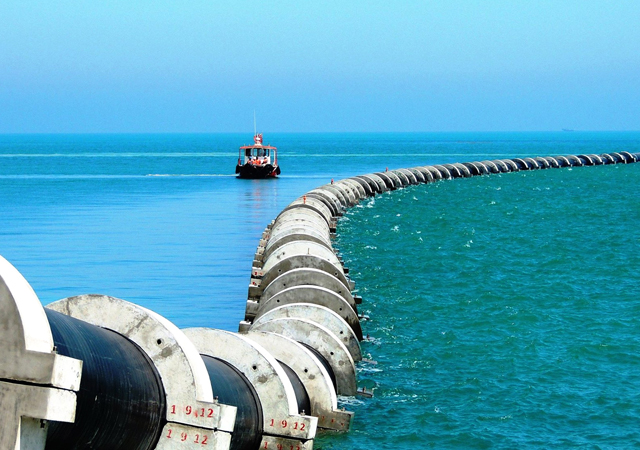
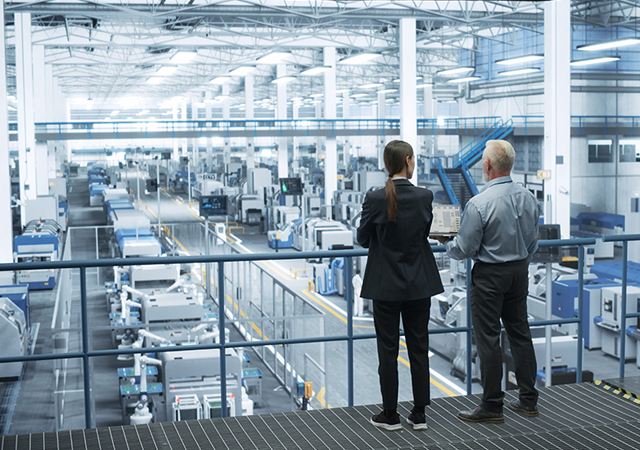


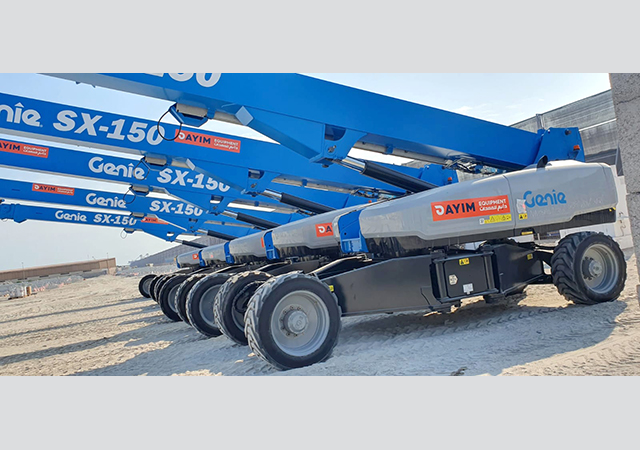
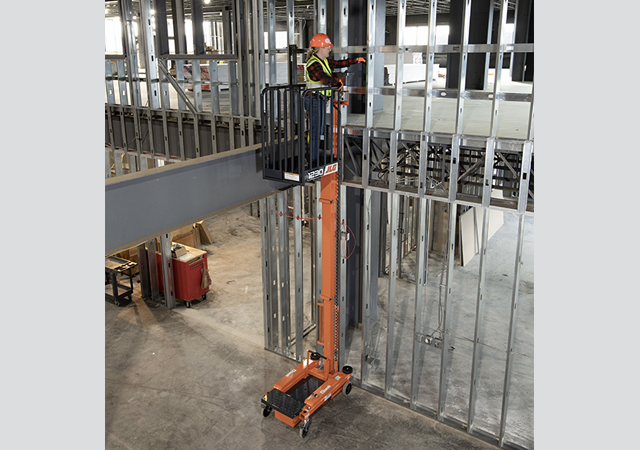
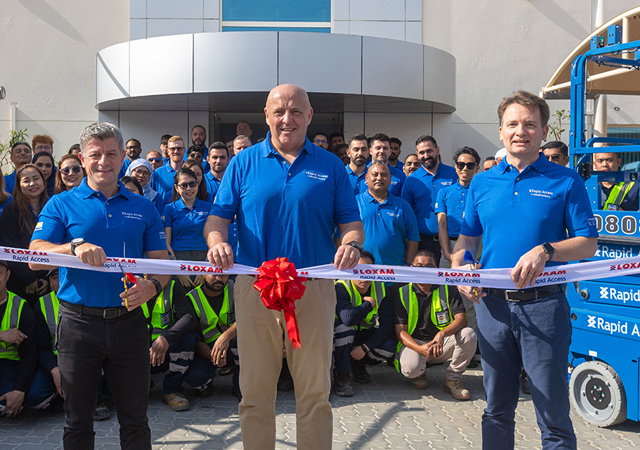
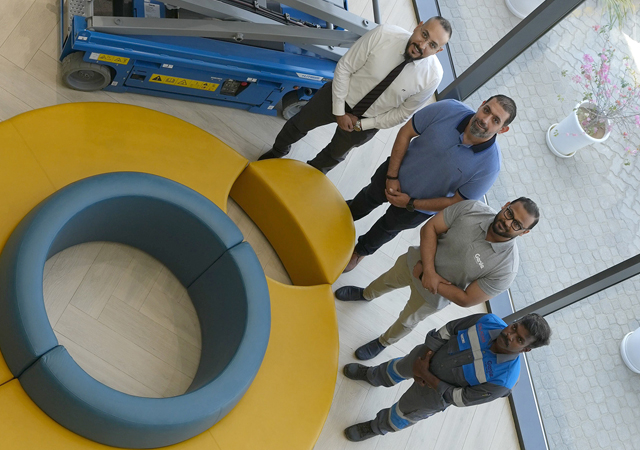
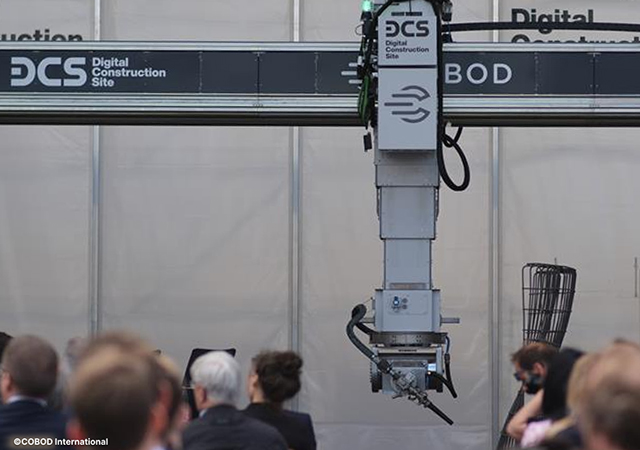
Doka (2).jpg)
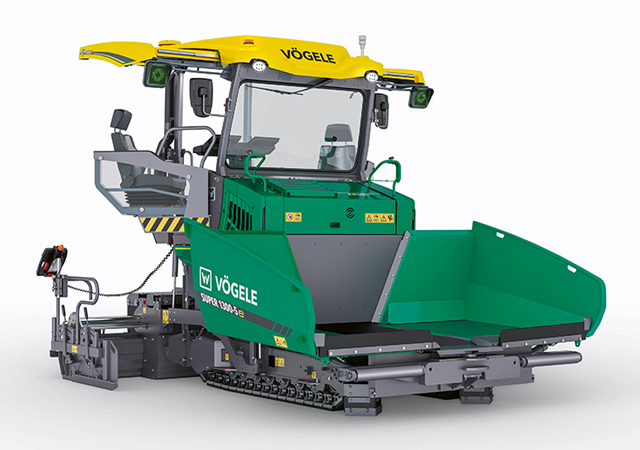
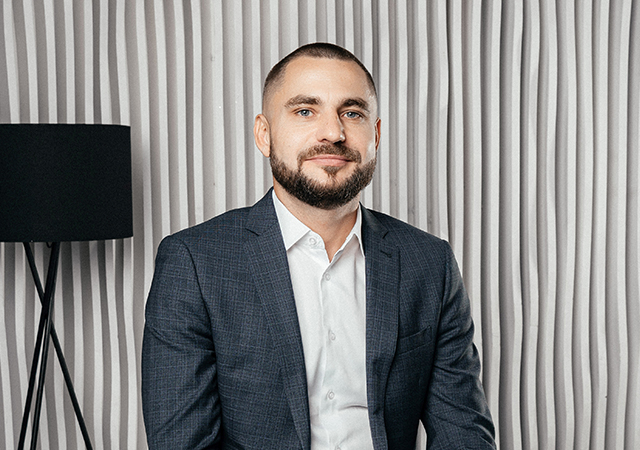

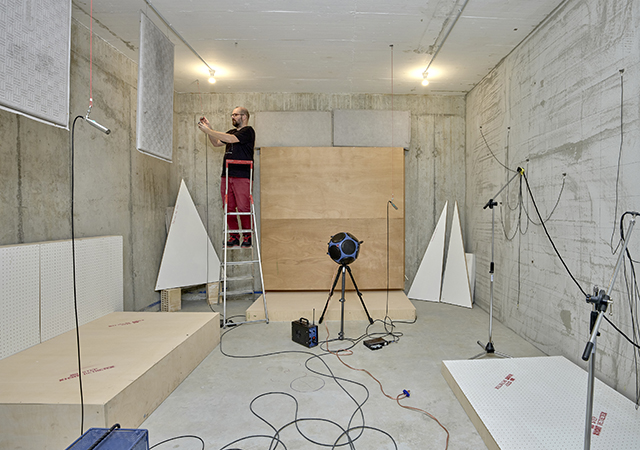
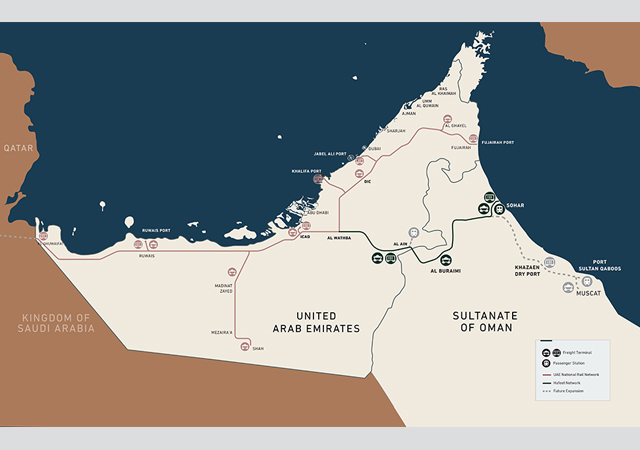

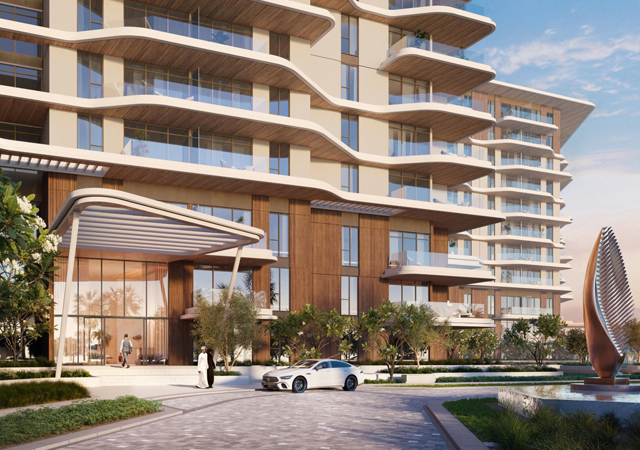

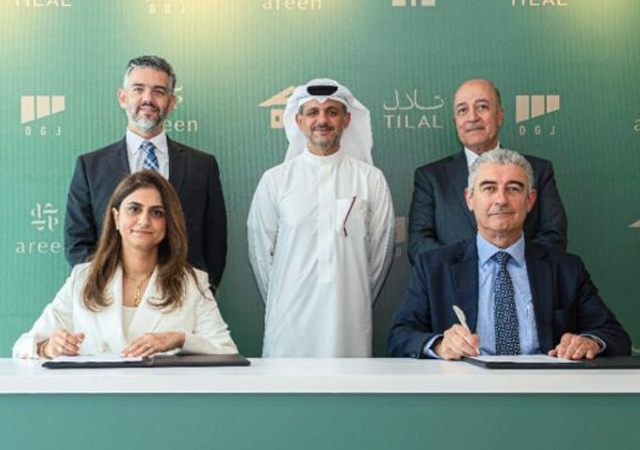
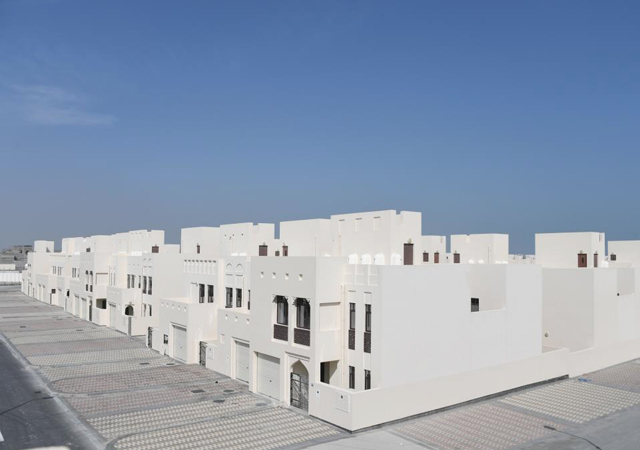
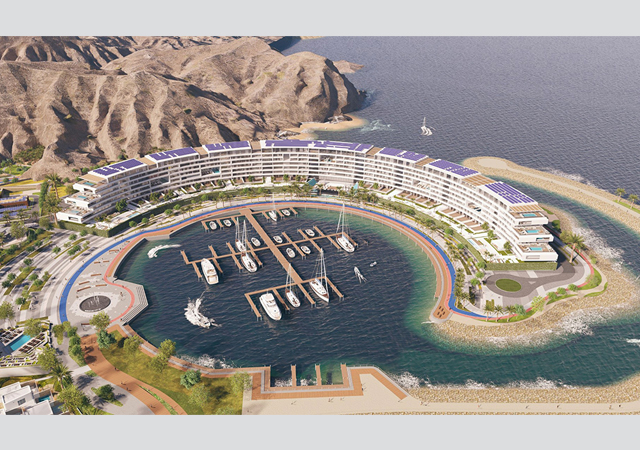
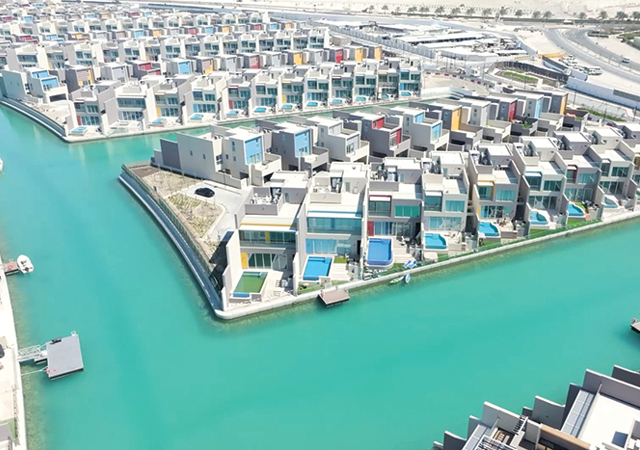
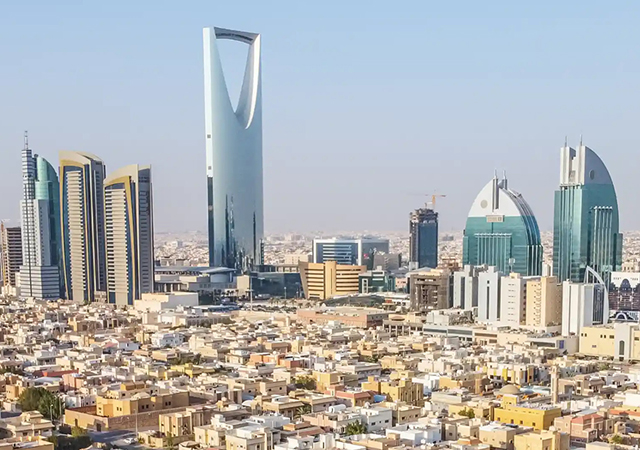

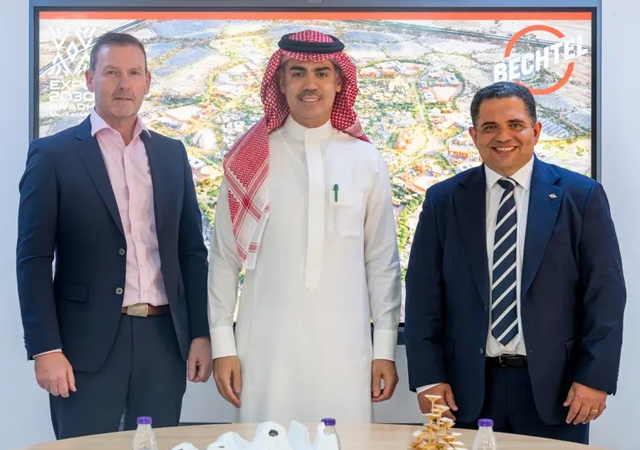
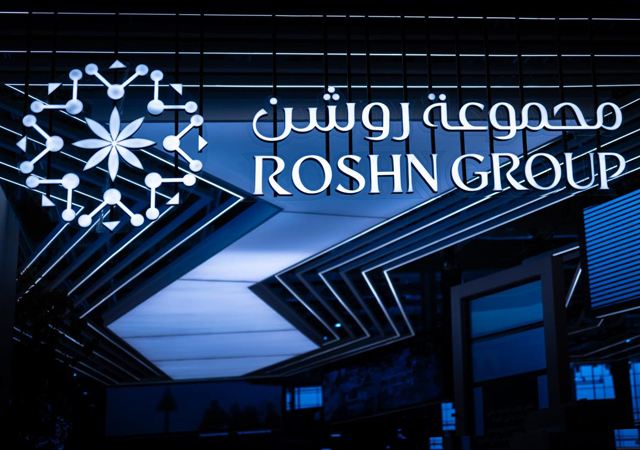
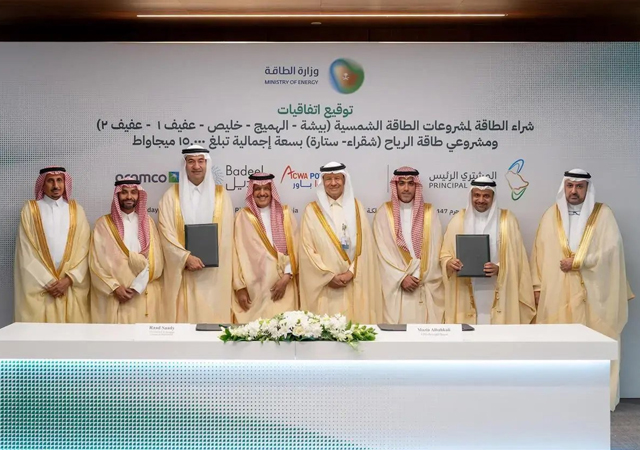
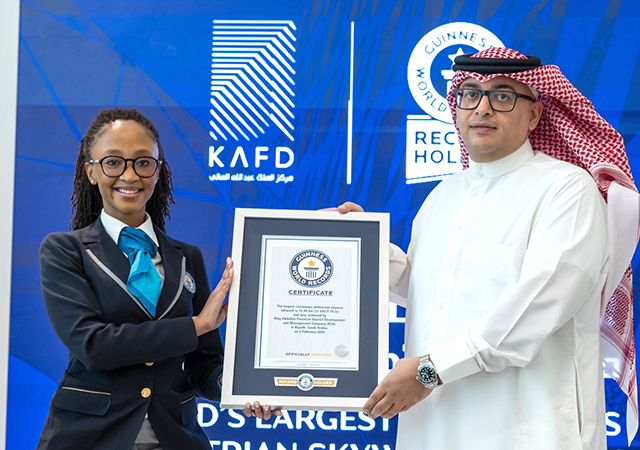
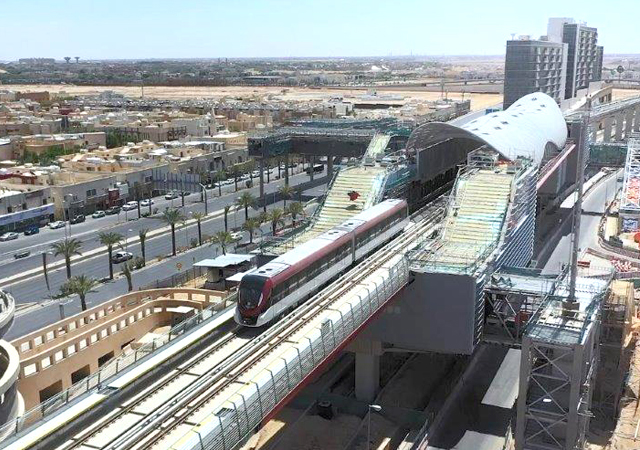
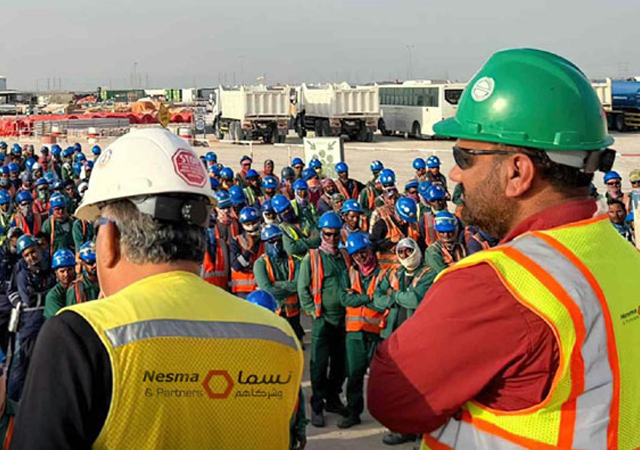
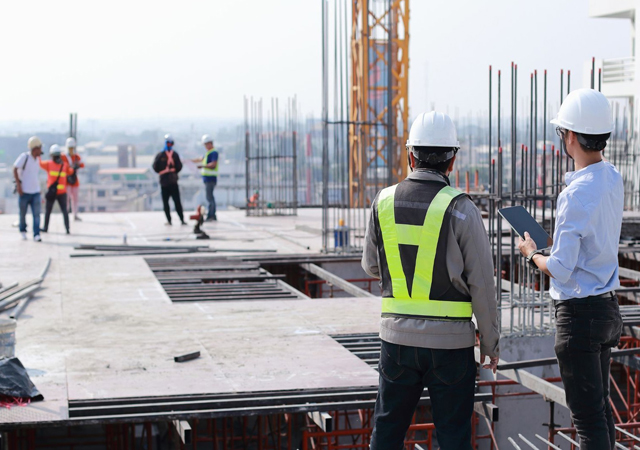
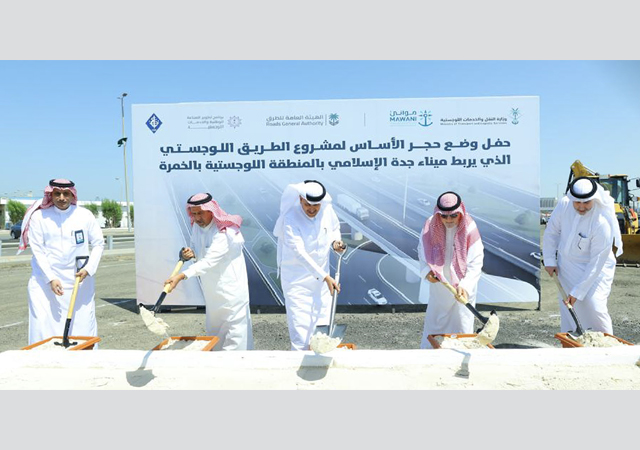
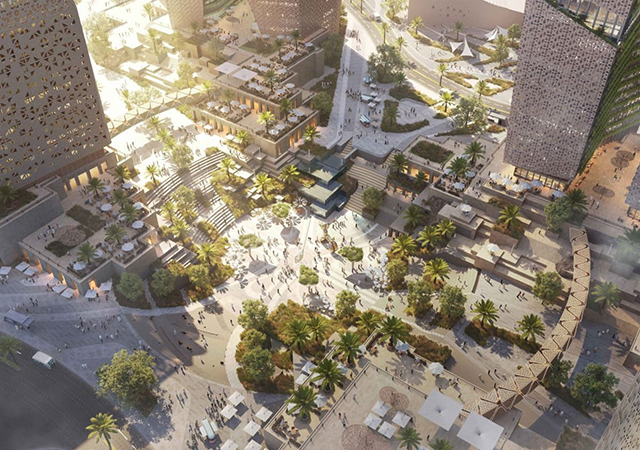
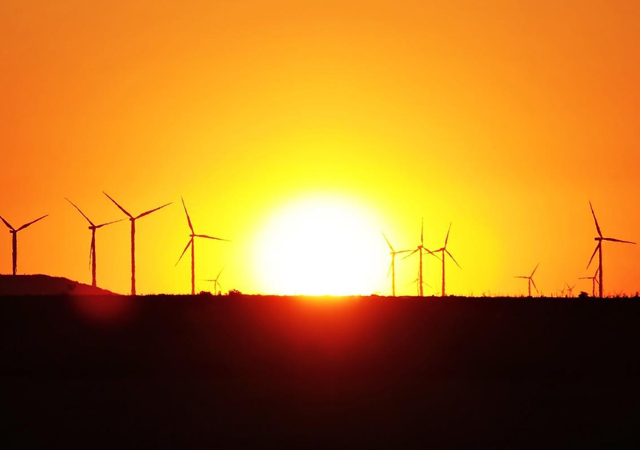
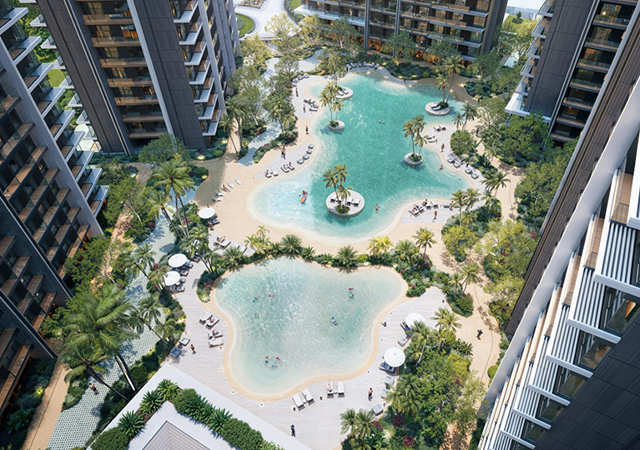
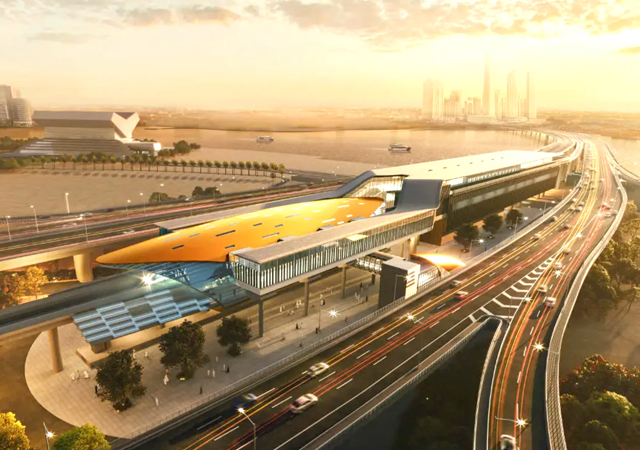
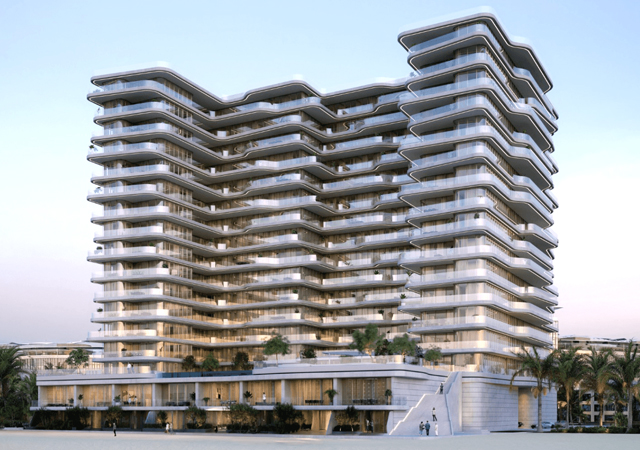
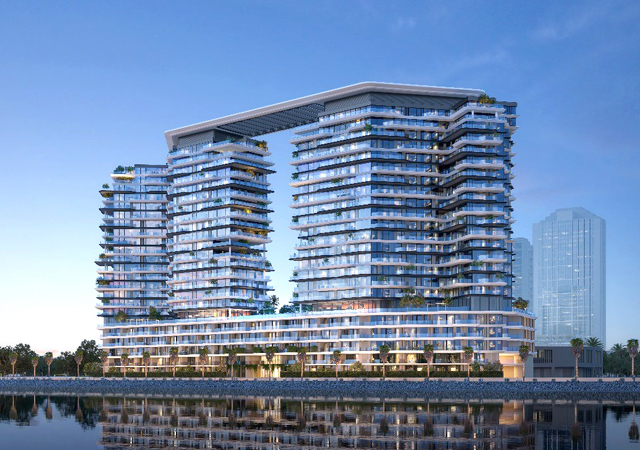
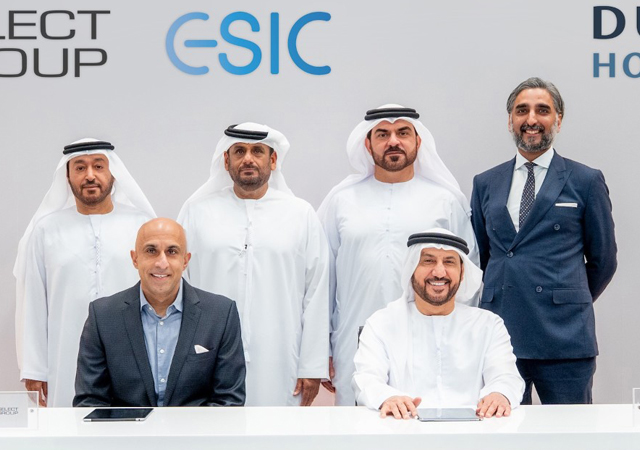
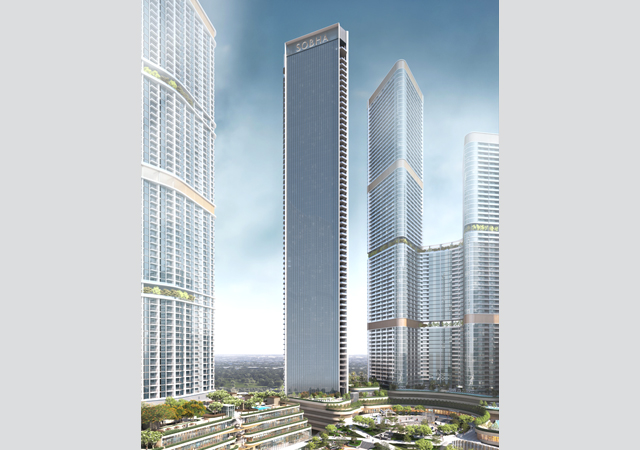
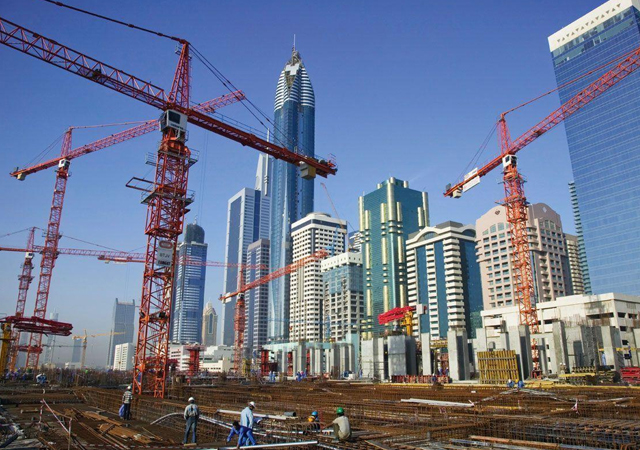
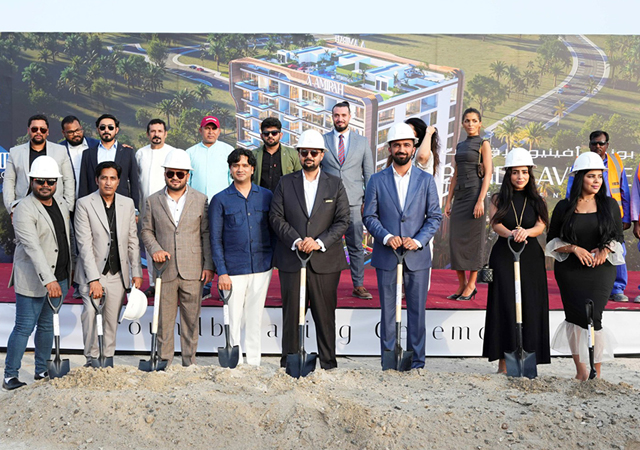
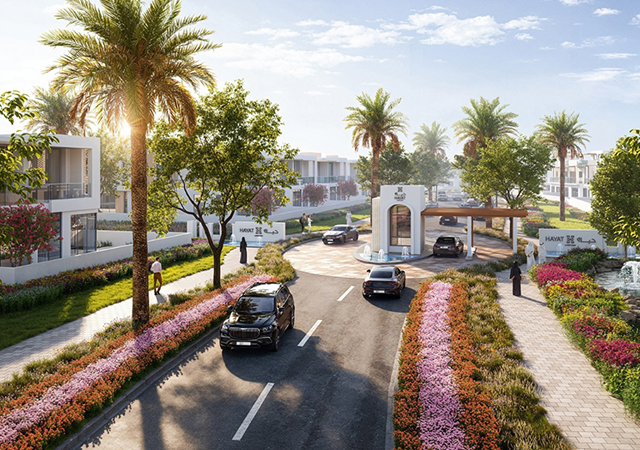
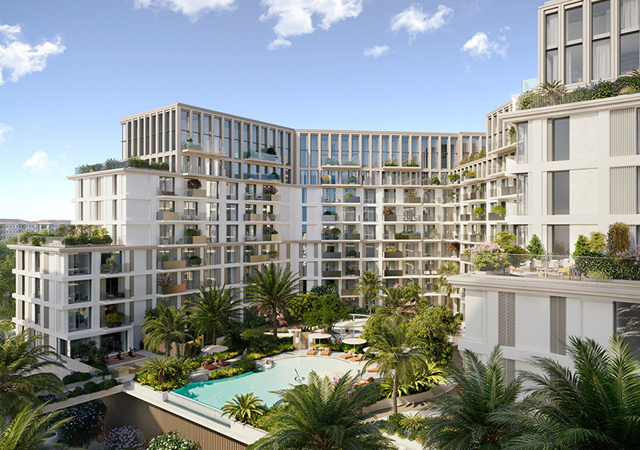
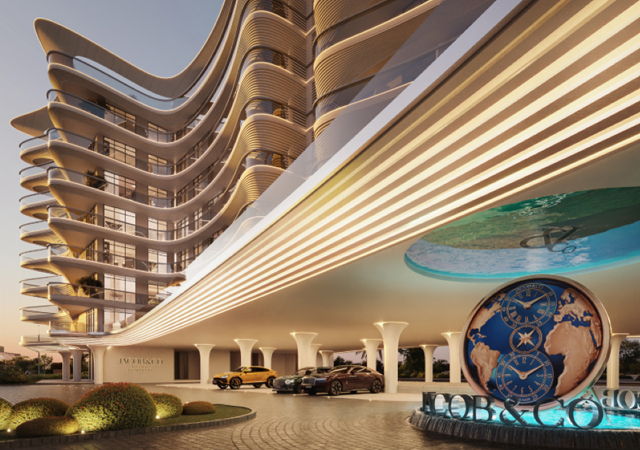
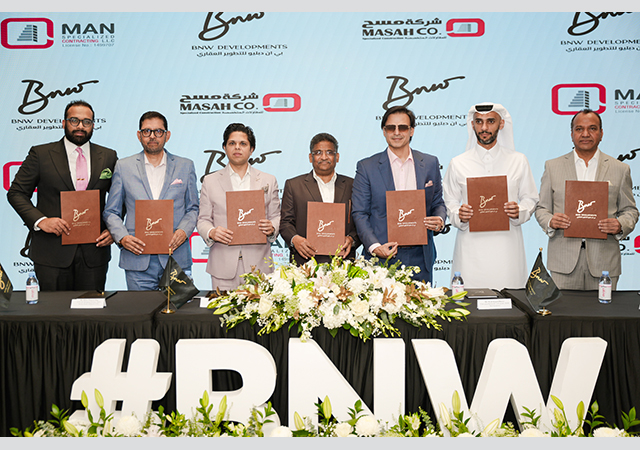
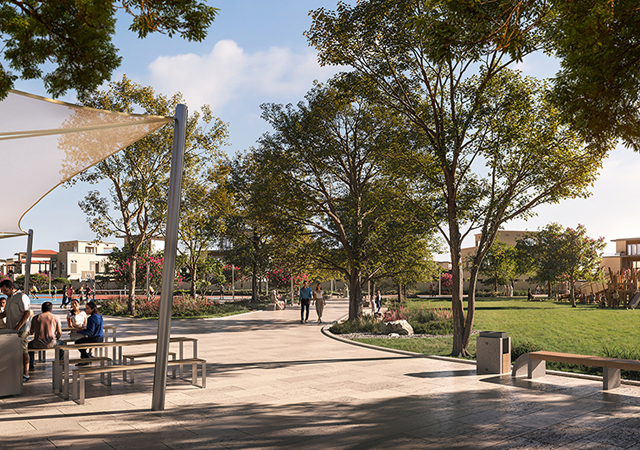
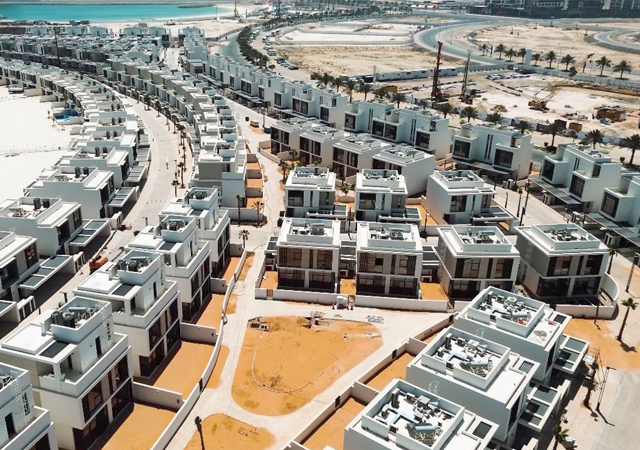
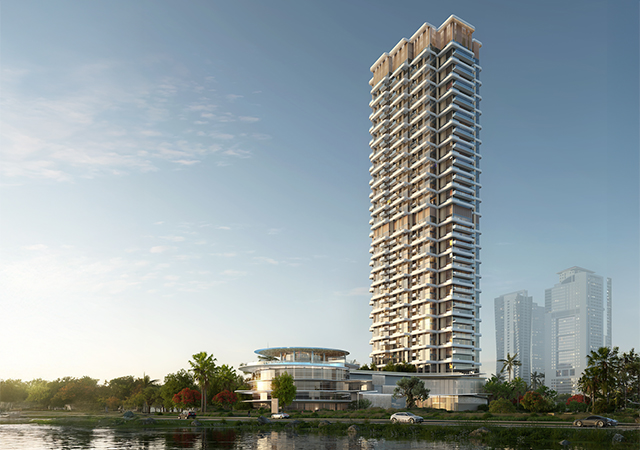
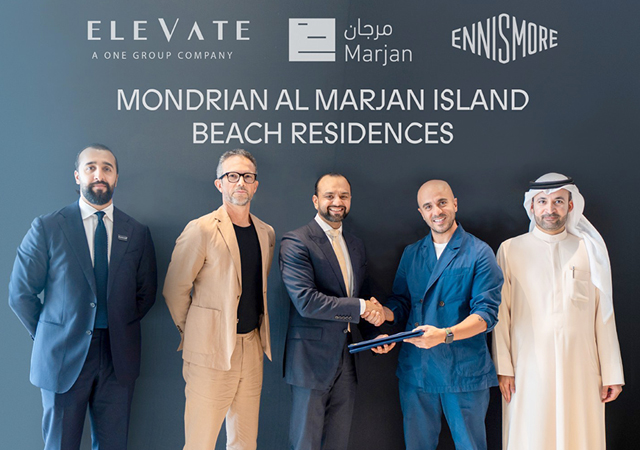
.jpg)
.jpg)
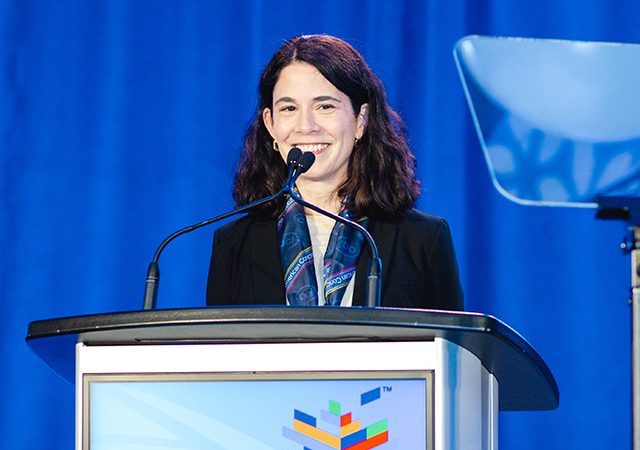
.jpg)
